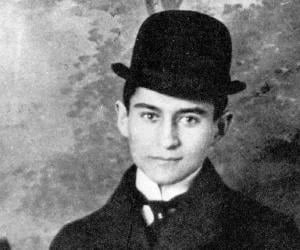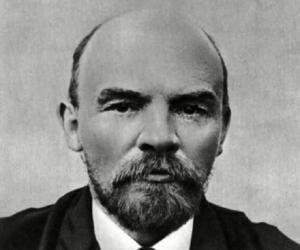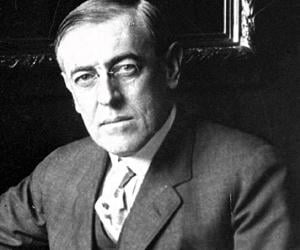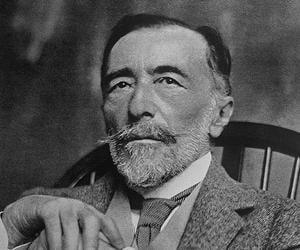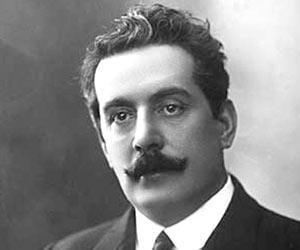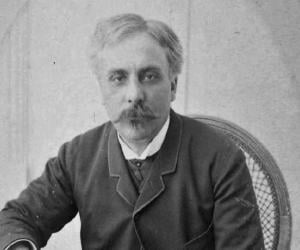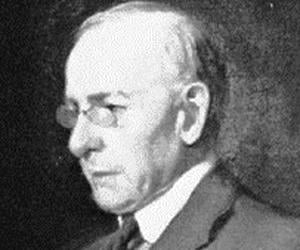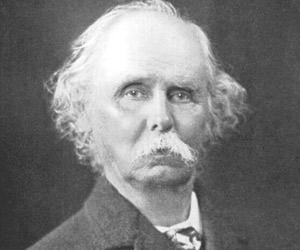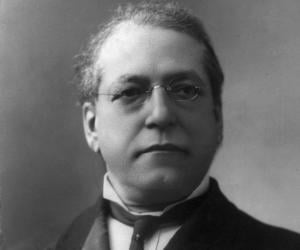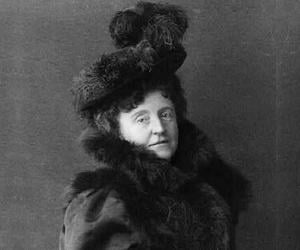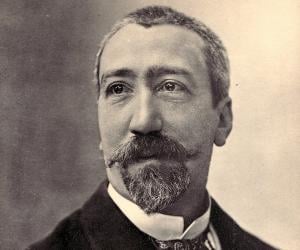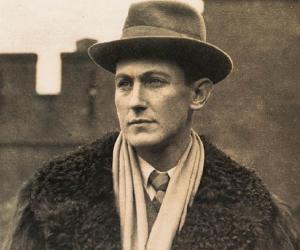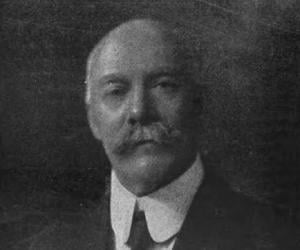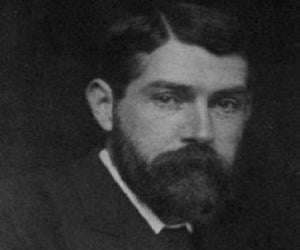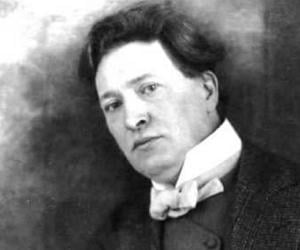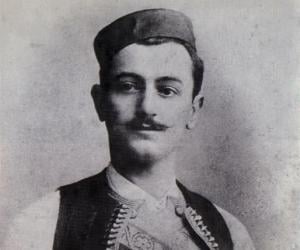Considered one of the major authors of the 20th century, Franz Kafka was a Bohemian short-story writer and novelist. Franz Kafka is credited for being one of the earliest German-speaking authors to explore themes like absurdity, existential anxiety, and alienation. The term Kafkaesque is now widely used in the English language to explain those situations experienced by his characters.
Vladimir Lenin played a key role in the history of Russian politics by developing a political ideology called Leninism. During and after his lifetime, Lenin had a massive influence over international communist movement. He is widely regarded as one of the most influential and significant personalities of the 20th century.
From presidential cabin of Princeton University to presidential office of the White House, Woodrow Wilson ushered a series of progressive reforms that changed the American politics forever. The 28th President of USA, Woodrow Wilson introduced several ground-breaking policies including the Federal Reserve Act. He played a key role in founding the first intergovernmental organisation—the League of Nations—for which he was awarded the Nobel Peace Prize.
Joseph Conrad was a Polish-British writer. Considered one of the greatest English-language novelists of all time, Conrad is credited with bringing a non-English sensibility into English-language literature. Many of his works have inspired several films, TV series, and video games. His anti-heroic characters and narrative style have influenced many authors like Salman Rushdie, F. Scott Fitzgerald, and T. S. Eliot.
Born into a musical dynasty, composer Giacomo Puccini lost his father at age 5. Some of his best opera pieces include Madama Butterfly and La Bohème. The suicide of his maid, who was wrongly accused by his wife of being in an affair with him, affected his later career adversely.
One of the greatest composers of all time, French pianist and organist Gabriel Fauré is best remembered for his masterpieces such as Requiem. His music career began at 9, when he was sent to Paris to become a choirmaster. At 75, he was awarded the Grand-Croix of the Légion d'honneur.
Louis Sullivan was an architect who became only the second person to be honored with a posthumous AIA Gold Medal. Dubbed the father of modernism and the father of skyscrapers, Sullivan contributed immensely to the Chicago School of architecture. He is also credited with mentoring Frank Lloyd Wright who went on to become a respected architect in his own right.
One of the co-founders of the English neoclassical school of economics, 19th-century economist Alfred Marshall is best remembered for his path-breaking book Principles of Economics. His studies on topics such as marginal utility, consumer’s surplus, and the elasticity of demand, enriched the field of economics for years to come.
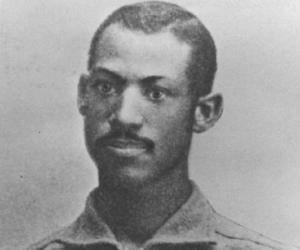
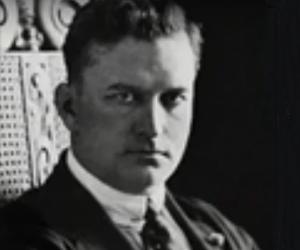
Anatole France was a French poet, novelist, and journalist. Renowned for writing many best-sellers, Anatole France was one of the most respected French writers of his generation. He won the Nobel Prize in Literature in 1921 for his brilliant literary achievements.
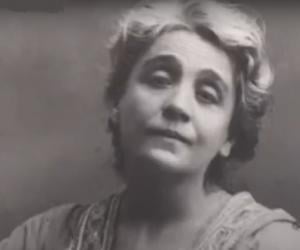
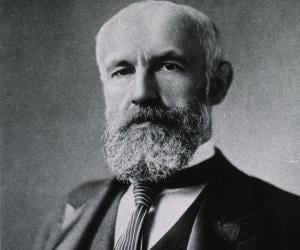
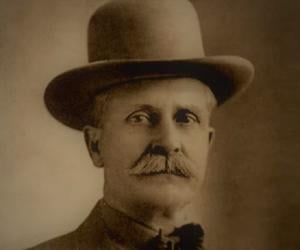
Bill Tilghman was a gunfighter, career lawman, and politician in Kansas and Oklahoma. He was active during the late 19th century and became a legendary figure after he single-handedly captured the notorious bandit Bill Doolin and killed many members of his gang. He became a politician later in his career and served as an Oklahoma state senator.
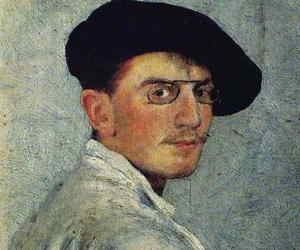
Léon Bakst was a Russian painter, costume designer, and scene designer of Belarusian origin. He worked closely with the Ballets Russes, where he designed richly colored, exotic costumes and sets. His best-known works include productions like Daphnis and Chloe, Spectre de la rose, and The Sleeping Princess. In 1914, he was made a member of the Russian Academy of Arts.
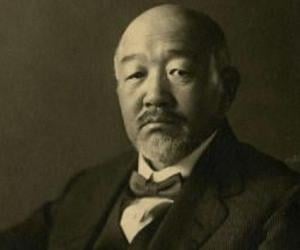
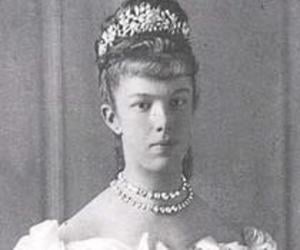
Archduchess Marie Valerie was the last child of Franz Joseph I, emperor of Austria and king of Hungary, and Empress Elisabeth. Rumors also claimed she was an illegitimate child of Elisabeth and Gyula Andrássy. He marriage to her third cousin, Archduke Franz Salvator, was criticized for not being dynastic.
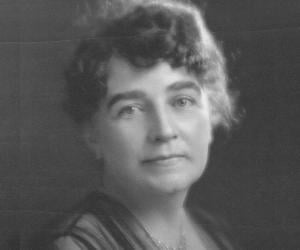

Henry Bacon was a Beaux-Arts architect best remembered for designing the iconic Lincoln Memorial. In May 1923, he became only the sixth person to be honored with the prestigious AIA Gold Medal for his achievements. From 1921 to 1924, Henry Bacon also served as one of the most prominent members of the US Commission of Fine Arts.
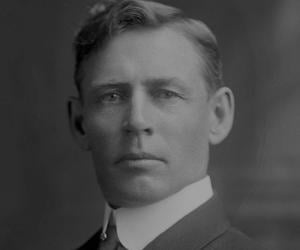
A prominent 19th century English philosopher of the absolute Idealist school and a fellow of Merton College, Oxford, Francis Herbert Bradley was an opponent of the British Empiricist theories and utilitarian trends. Well-known for his non-pluralistic approach to philosophy, he devoted his life to writing, publishing five books in his lifetime, most significant among them being Appearance and Reality.
Born to musician parents in Italy, Ferruccio Busoni was a child prodigy, having begun composing at the age of 7. He grew up to be a piano professor in Finland, and his work later took him to Moscow and the U.S. He is remembered for his opera and chamber pieces.
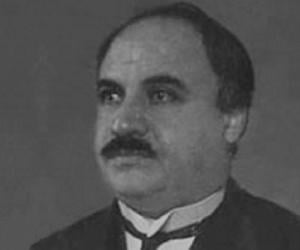
Turkish intellectual, sociologist, and author Mehmed Ziya, better known by his pseudonym, Ziya Gökalp, was a main figure of the Turkish nationalist movement. Though initially educated as a vet, he later quit his studies to focus on politics. His writings include The Principles of Turkism. He was apparently highly influenced by Sufism.

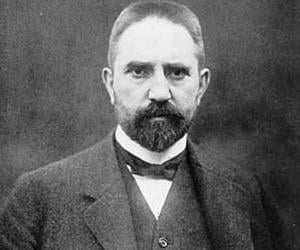
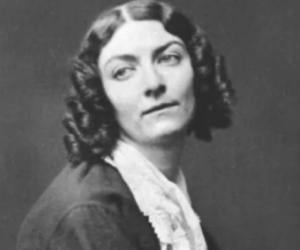
Lotta Crabtree was an entertainer, actress, and comedian who became one of the most beloved and wealthiest American entertainers during the late-19th century. She was also a well-known philanthropist; she left an estate worth $4 million for a charitable trust as part of her will. Dubbed The Nation's Darling, Lotta Crabtree's life and career inspired the 1951 film Golden Girl.
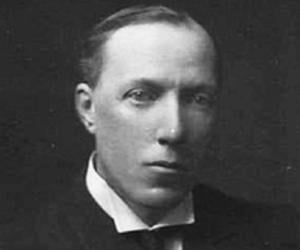

Born into a samurai family, Matsukata Masayoshi grew up to become the prime minister of Japan. His strategic financial reforms, which included cutting down on government expenditure and establishing the Bank of Japan, helped the country stabilize itself. He had also been the Lord Keeper of the Privy Seal of Japan.
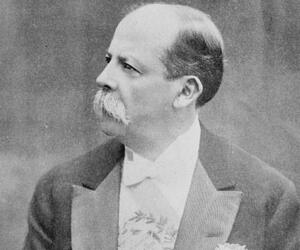


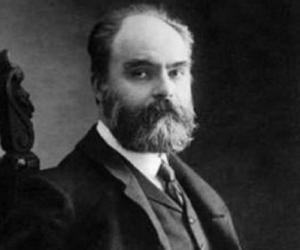
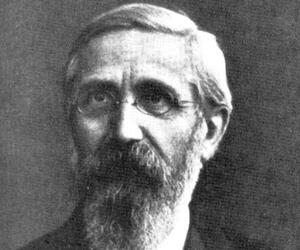
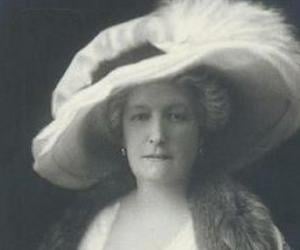
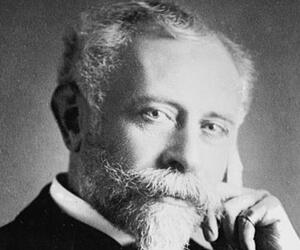
Bosnian-Serbian poet and author Aleksa Šantić is remembered for his iconic poems such as The Asra and Emina. Apart from writing 800 poems and several plays, he had also contributed to the literary magazine Zora. His works reflected his anti-establishment views and also depicted various social issues.
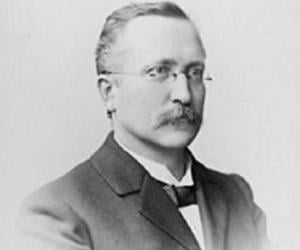

Tomioka Tessai was the pseudonym for Yusuke, a popular painter and calligrapher in imperial Japan. He was one of the first major artists of the Nihonga style. As a young man, he was taken in as a protege by the Buddhist poet and nun Ōtagaki Rengetsu. He later opened a school and also did some work for the Meiji government.
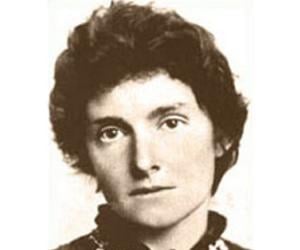
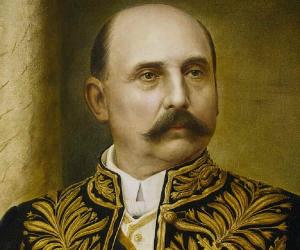

Luigi Pelloux was an Italian politician and general. He is best remembered for his service as the Prime Minister of Italy from 1898 to 1900. Historians consider his rule as militarist and conservative. Luigi Pelloux's premiership was marked by conservative policies and stern measures, such as banning public meetings and criminalizing revolutionary activities.

Initially an army officer Enrico Barone taught military history at the Officers’ Training School before he became a professor at the University of Rome. An avid economist, too, he contributed to the journal Giornale degli Economisti and is best remembered for his work on economic equilibrium.

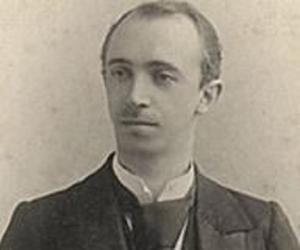
Alexander Alexeyevich Gorsky was a Russian ballet choreographer. A contemporary of Marius Petipa, Gorsky is best remembered for restaging the former's classical ballets like The Nutcracker, Don Quixote, and Swan Lake. Alexander Alexeyevich Gorsky is also remembered for valuing acting skills over dance technique which made him one of the most controversial ballet choreographers of his generation.
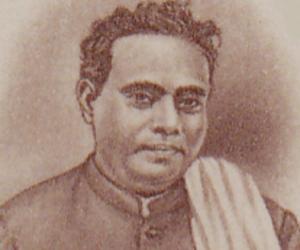
Indian social reformer and Malayali literary icon Kumaran Asan is known for his revolutionary impact on Malayali poetry. He died when the boat carrying him from Kollam to Alappuzha met with an accident midway. He is remembered for his works such as his iconic narrative poem Duravastha.
